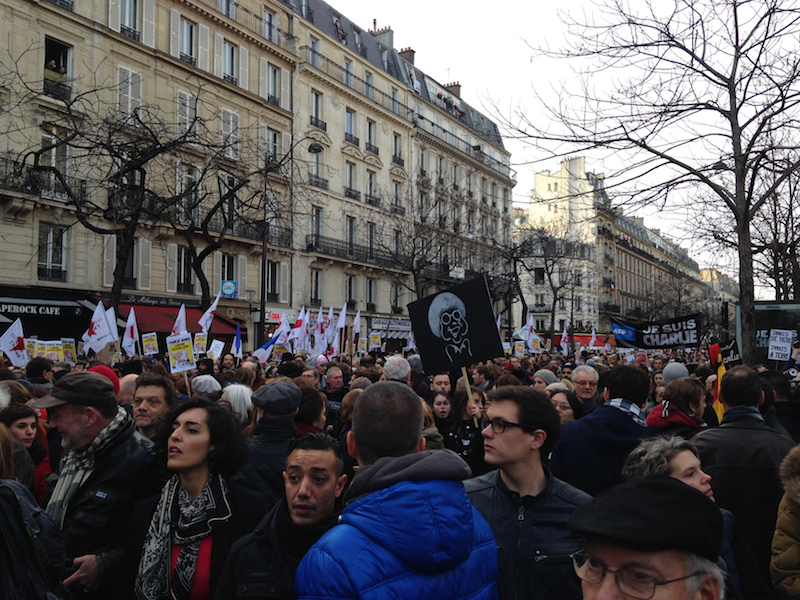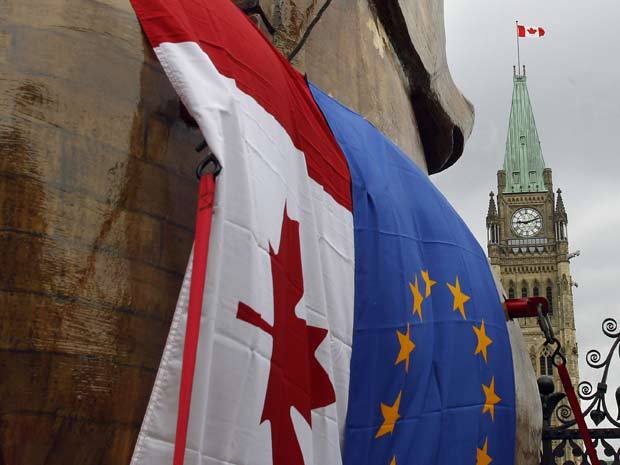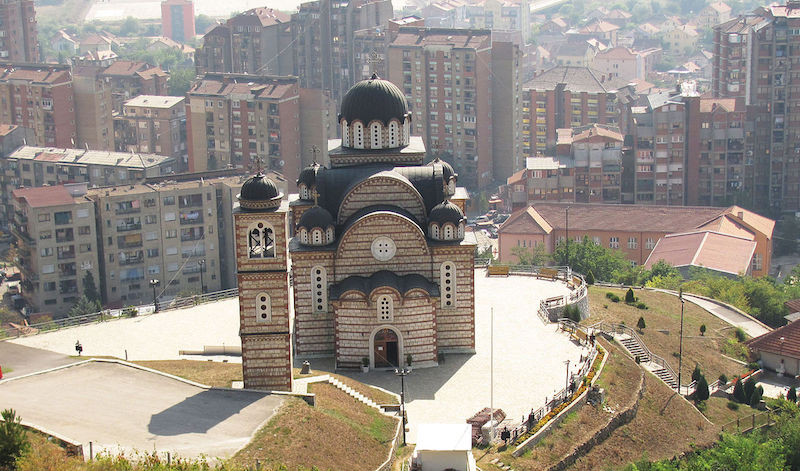Many people travel to France, but with the recent attacks, people are afraid to live in, let alone visit a nation under, what seems to be, a wave of attacks. France is the most popular tourist destination in the world, attracting more than 80 million people each year. Its capital,Paris, is the 3rd most visited city in the world. The nation has extended its state of emergency and increased law enforcement and monitoring, as part of proper national security protocol. However, citizens and travelers will still not feel completely secure, especially with constant visible law enforcement patrolling the streets.
Attacks in France have caused grief, havoc, disbelief and fear. One terrorism expert quoted by the Guardian raised the alarm that, “We are at war, and we are at war everywhere on French soil”. One expert opinion does not speak on behalf of the French public, and does not necessarily prove the accurate security risks that exist in France. Nevertheless, it provokes an interesting question: are people in France, or people visiting France, at risk?
On January 2015, 12 were killed in the office of a weekly newspaper Charlie Hebdo, known for its rhetorical, and sometimes offensive, political comics. The gunmen, Cherif and Said Kouachi, both identified having pledged allegiance to ISIS. Some claim that Charlie Hebdo instigated these attacks with their offensive political caricatures of Islam including Prophet Mohammed. Nevertheless, most have taken to support the liberal values of society and freedom of speech to stand united with Charlie Hebdo as part of the jesuischarlie social movement.
The Committee to Protect Journalists (CPJ) in 2015 confirmed in a report that France was the second deadliest country for journalists, after Syria. Therefore, from what can be observed, France is not a secure location for the press, especially for a press organization that constantly finds itself in hot waters for its content. It wouldn’t be inappropriate to suggest that this high risk would extend to personnel working in the government, embassies and intergovernmental organizations’ quarters.
Although the Charlie Hebdo shooting received worldwide attention, there are other attacks that should be analyzed when considering the safety level in France. On August 2015, a 26 year-old Moroccan gunman, Ayoub El Khazzani, armed with an AK-47 opened fire on a high-speed train travelling from Amsterdam to Paris. While crossing into France, the gunman attempted to unleash fire on over 500 unprotected passengers, but fortunately was tackled and sustained by three U.S. Citizens, two of whom were Oregon Army National Guards. This event and the bomb attack in Brussels Airport, on 22 March 2016, shows a pattern of using transportation sites for attacks. Nonetheless, this small pattern cannot confirm that transportation sites are at higher risk of being targeted.
Attacks in France continued, when Paris experienced a series of attacks in November 2015, resulting in 130 deaths. Nice experienced its tragedy in July 2016, when a driver suspected of having been radicalized by ISIS used a truck to run into people celebrating Bastille day. Shortly after, the Normandy Church attack proved again the continuation of these catastrophes. Although there were numerous attacks in France, there is very little evidence to establish a concurrent pattern of behaviour to accurately predict future events.
France, in specific, was ranked 36th on the Global Terrorism Index for last year, which is lower than China (22), Russia (23), Israel (24), U.K. (28), and Greece (29). Unfortunately, France’s ranking has increased from its 63rd position in 2012, by quadrupling its terrorism index score. It is also important to consider that the latest index indicates that dangerous ‘hotspots’ including Iraq, Afghanistan, Nigeria, Pakistan, and Syria constitute over 78 per cent of all deaths due to terrorist attacks. Therefore, there are only a handful of countries that experience almost all of the terrorist fatalities in the world and France is not even close to being one of them.
When questioning the terrorist risk in France, it is important to note both the rare odds of terrorist risk and that although France’s terrorist index has risen, it does not indicate a high overall risk. Terrorist attacks are purposefully meant to kill the values that we live by, such as liberty, equality, and security. ISIS and other terrorist organizations will attempt to accredit themselves with every atrocity to make people fear them. The greatest weapon that these terrorist organizations have is fear-mongering global citizens into believing that they cannot live their secure and peaceful lifestyle.
France rallies in act of solidarity against terrorist attacks courtesy of Day Donaldson, via Flickr.
Disclaimer: Any views or opinions expressed in articles are solely those of the authors and do not necessarily represent the views of the NATO Association of Canada.




